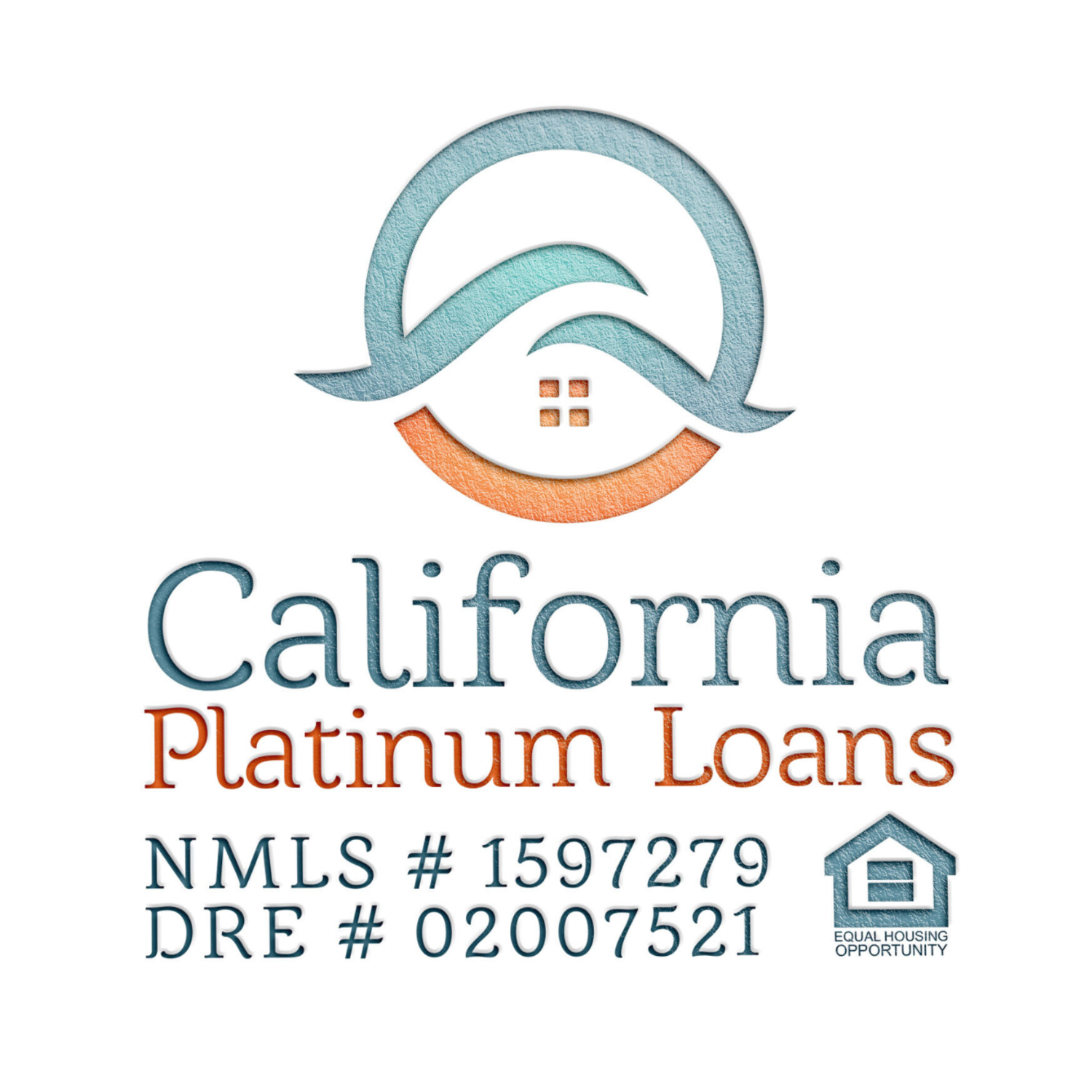Reverse mortgages are growing more popular. The Federal Housing Administration (FHA) report to Congress for 2022 showed that there were over 64,000 reverse mortgages issued in 2022. This represents a significant increase from the 49,000 HECM loans issued in 2021.
Many people are choosing reverse mortgages so they can use the equity they’ve built in their homes. California has topped the list of states with FHA-approved HECM mortgages every year since 2016. Clearly, if you’re thinking about a reverse mortgage in Los Angeles County, you are not alone.
However, you do have some important considerations when you are thinking about taking out a reverse mortgage. Using the equity in your home to pay for living expenses or other purposes can be a good financial decision, but it also comes with risks.
Guidance From The California Department of Real Estate (DRE)
The California Department of Real Estate (DRE) has put together a guide for older adults who are thinking about a reverse mortgage. You can find a link to the guide in our sources and resource section.
In addition to working with a HUD-approved reverse mortgage counselor (a requirement to receive an HECM loan), the DRE advises older adults to consult with trusted family members before getting a reverse mortgage.
Although funds from a reverse mortgage will not affect Social Security or Medicare, it’s possible they could affect other benefits which are based on need. Government benefits that are based on need are sometimes called “means-tested” benefits.
Medicaid and SSI (Supplemental Security Income) are two forms of means-tested benefits that might be impacted by a lump-sum payment from a reverse mortgage. If you or someone in your home receives these benefits, a HUD-approved HECM counselor can discuss this important consideration with you.
Asking The Right Questions About Reverse Mortgages
You can also ask important questions of yourself and your mortgage broker throughout the process. These questions include:
- How much money do you need?
- Can you meet your financial obligations using this financial tool?
- Do you have enough equity in your home to qualify for a reverse mortgage?
All of these are important questions to ask and get answered throughout the reverse mortgage process. That is why working with a reliable and trustworthy loan broker is so important. Contact California Platinum Loans today to learn more.
Sources:
California Department of Real Estate. “Reverse Mortgages: Is One Right For You?”
Clow, Chris. “These were the biggest reverse mortgage trends in 2022,” Reverse Mortgage Daily, 16 November 2022,
National Council on Aging, “A Guide to Reverse Mortgages for Older Adults,” 6 March 2022,



